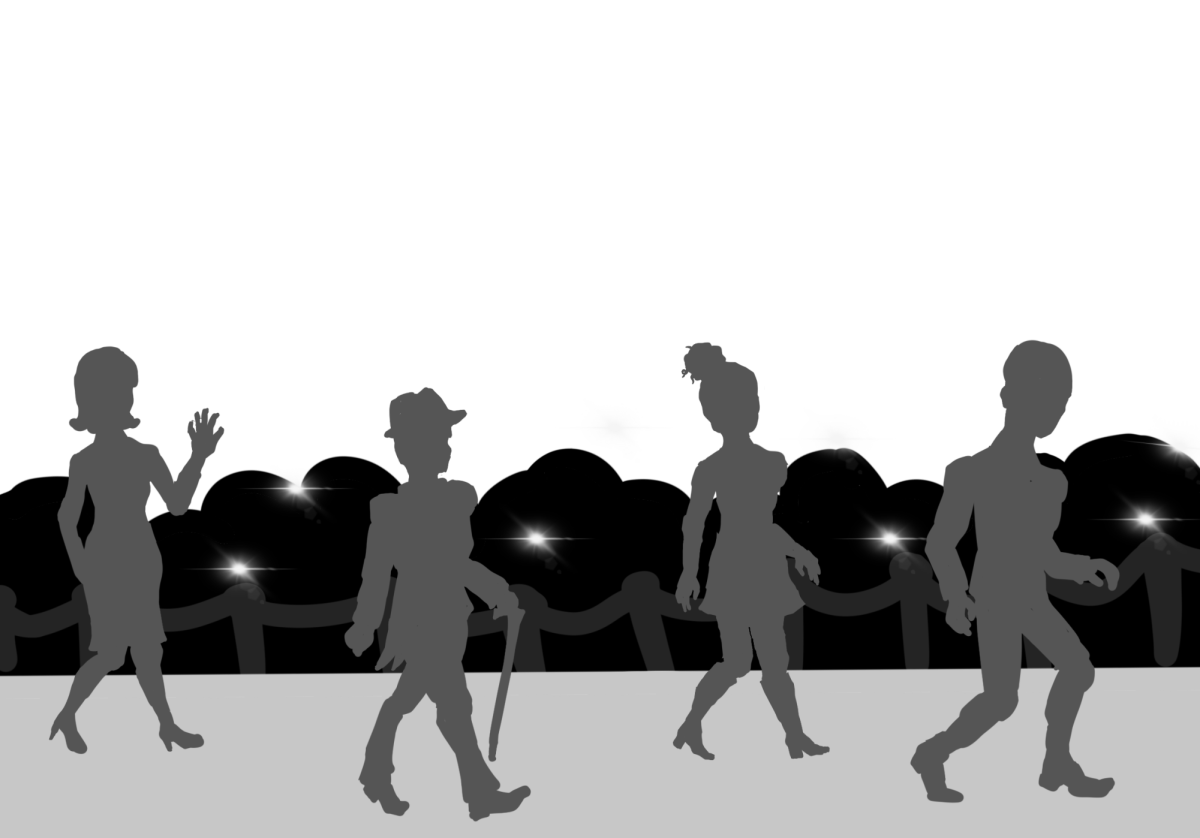Immigrant wife to the immigrant-basher, First Lady—though certainly not his first lady—Melania Trump is an enigma. Back in Donald Trump’s first term, she had little love for the spotlight. In fact, she became one of the most withdrawn, and by extension, most unconventional, presidential spouses to date. Splitting time between the White House residency and a New York penthouse, she took a remarkably disengaged approach to her first DC sojourn. It’s a practice unlikely to change in the next four years, with early reports already indicating little desire on her part for the fanfare of White House living.
Wouldn’t it be nice to get inside her head? To find out who the real Melania really is? It’s a question that goes unanswered in the eponymous Melania. Lost in the midst of a grueling campaign season, the book emerged without much notice. Part memoir, part travelogue, part stump speech, the First Lady’s autobiography reads like a nesting doll. Just when you think you might crack through her icy posture, another shell greets you, no less devoid of depth than the first.
Melania consists of roughly three sections, though there aren’t always any clear demarcations. Of the three, the first is far and away the best. Centered on her childhood in Slovenia and her later modeling work, it’s the only part that feels kind of human. Sure, it’s a little slow, but her recollections of growing up in ’70s and ’80s Yugoslavia is at least a touch interesting, and her passages on life as a European model come the closest to actually having real passion.
In recounting her time as First Lady, Melania becomes a dreadful purgatory. She renovates a room, and plans a dinner, and makes small talk with a foreign leader, and renovates a room, and plans a dinner, and makes small talk with a foreign leader, and renovates, and plans, and talks, and the reader looks up in horror and realizes the hourglass isn’t done pouring. In her defense, I’m sure being First Lady is a pretty monotonous job. But it’s the presentation that turns boring content into boring writing. Never is the reader given any insight into what those four years actually felt like. In its stead is a soul-crushing, seventy-page itinerary.
It’s in the last part—documenting the interim between Trump’s first and second terms—that the book reaches its nadir. The book, whose first 150 pages present a starkly apolitical woman, transforms itself into a numb, meandering manifesto. She questions the results of the election, before pivoting to a muted condemnation of January 6, though no mention is made of her husband’s involvement in the matter. Pages are dedicated to decrying cancel culture, wokeness, the authoritarian excesses of a corrupt, criminal investigation directed toward Donald. If I had to guess, the writing of this section probably coincided with the latter parts of Trump’s campaign—which is probably why it sounds like it was ripped straight out of his rallies. It reads like the Platonic ideal of a political wife: polished, unobtrusive, always present but never vulnerable. It certainly doesn’t read like a person.
So not much in the way of depth. Really, the whole book feels like performance art, Melania contorting, distorting, never revealing any bit of substance. But while Melania didn’t really tell me about the White House, or being First Lady, or even the woman herself, it wasn’t exactly unengaging. In some ways, it was pretty gripping in just how deftly it managed to avoid breaking a brittle persona. Melania didn’t bore me—it surprised me, if only because it felt just a little bit relatable.
It felt adolescent. Affectedly unaffected, gauzy, wrapped, mummified in a sculpted self-image engineered for other eyes. It felt like what I see everyday in hallways and classrooms, where nothing is given more effort than to appear effortless. It’s why being unambiguously passionate is at best a quirk and at worst a sort of social albatross. It’s why people joke about being nonchalant—jokes that are really just saturations of a deeper truth. It’s why I’ve watched my friends take “candids” for their Instagrams, the sort of ostensibly spontaneous photos that are plucked from a dozen takes and a hundred edits.
As far as autobiographies go, Melania doesn’t do much. I certainly didn’t leave it with any real knowledge of who or what Melania is. But in just how deftly it managed to dodge depth—well, it’s hard not to find it a little impressive. For some, the performance of identity just lasts through high school. In politics, it never ends.






